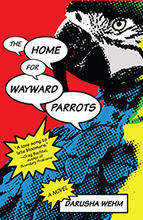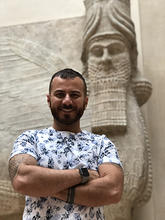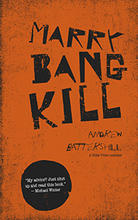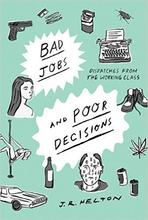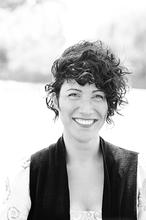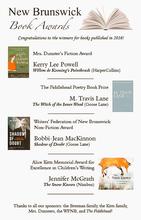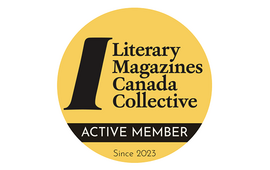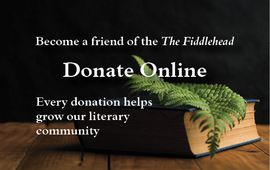Utopic, Coming-of-Age Story for Millennials
By Megan Kuklis
A Review of Darusha Wehm's The Home for Wayward Parrots (NeWest Press, 2018)
The Home for Wayward Parrots by Darusha Wehm is a charming novel that centres on the complicated lives of its many sweet characters. Exceptionally readable, the novel flows through the past and present of Brian “Gumbo” Guillemot’s life with such care that readers will not be able to put it down. This novel should be devoured in a single sitting.
